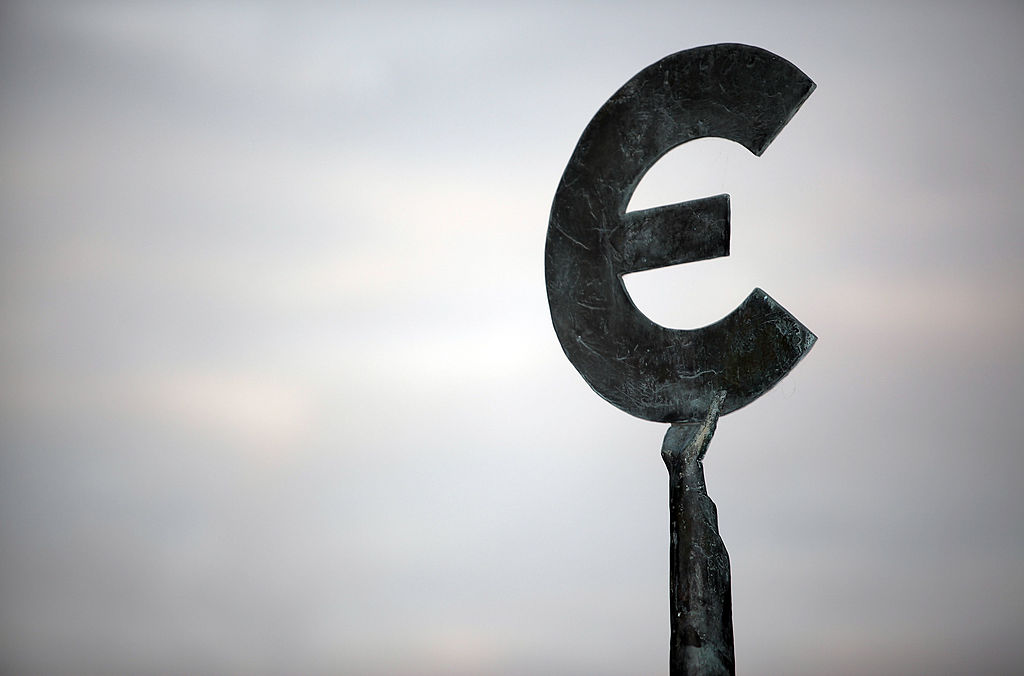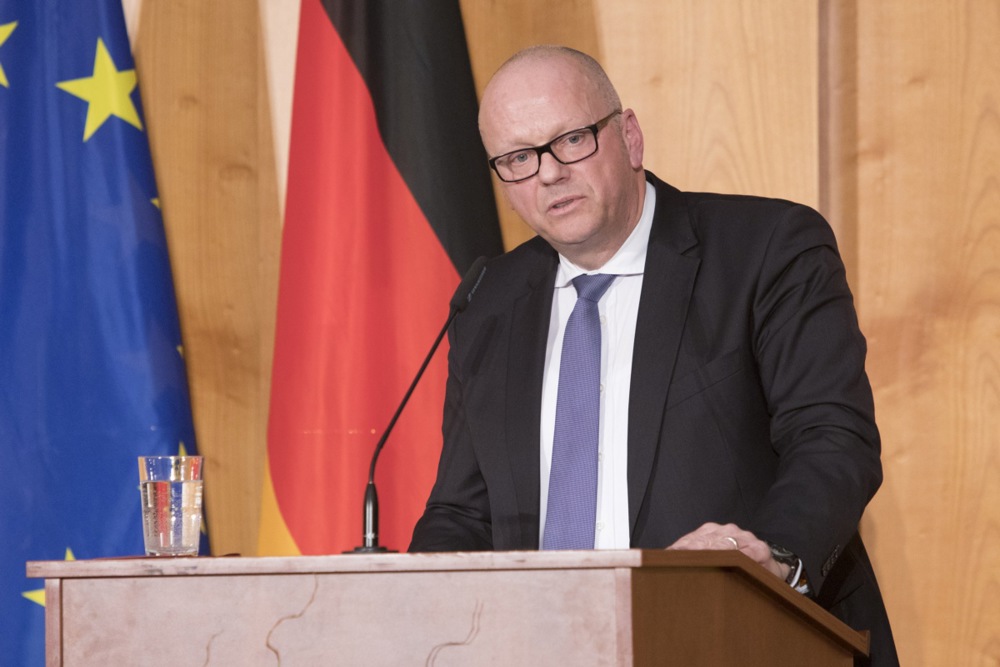The European Union appeared to be annoyed at US President Donald Trump’s decision to pull out of a global Organisation for Economic Co-operation and Development (OECD) deal on corporation tax.
Speaking to US news outlet CNBC on January 22, the European Commissioner for Trade, Valdis Dombrovskis, expressed concern that Trump’s decision could enable tax havens to divert funds away from larger blocs.
Under the OECD deal, a minimum tax rate of 15 per cent would be set, a figure higher than currently imposed by some jurisdictions in Europe.
“The US was very much behind this global tax deal and was facilitating that it was actually reached,” Dombrovskis said on the sidelines of the World Economic Forum.
“And there are common interests of the US, EU and the global community to have this tax deal to make sure multinationals are paying their fair share of tax, not hiding profits somewhere in some offshore jurisdictions.”
He added that Europe must now discuss with Trump other ways of making sure corporation tax did not disappear into offshore tax havens.
The issue has also worried politicians at the EU nation-state level.
According to a report by the Irish Times on January 22, officials within Ireland’s Department of Finance have been concerned at what they saw as the sudden shift in policy.
IDA Ireland, the country’s state agency for the promotion of foreign direct investment, said in a statement that Irish officials were currently “examining President Trump’s memorandum on the OECD global tax deal”.
“Ireland signed up to the OECD deal in October 2021 and IDA Ireland welcomes the clarity on taxation that the agreement provides for our client companies which helps inform their investment decision-making,” it said.
“It is important to note that, while tax is important, it is not the only factor at play in attracting FDI into Ireland. We will continue to liaise with the Department of Finance regarding the detail of President Trump’s memorandum.”
Ireland is reliant on the corporation tax it gathers from US companies.
Of the nearly €60 billion in tax the country had taken in by the end of August last year, more than €16 billion originated from corporation tax receipts, according to Irish Government data from 2024.
Dombrovskis also expressed concern at Trump’s threats to place tariffs on foreign goods, insisting that the European Commission was already in direct communication about the issue.
“We are in engagement with the US administration. We have started it already,” he said, stating that the EU wanted a “pragmatic way forward”.
“It is important to maintain this trade and investment relationship,” he added, warning that tariffs could lead to “global economic fragmentation”.
COMMENT: The stubbornly short-sighted attitude of many contemporary Western European policymakers misrepresents Trump’s stance on Ukraine, writes @ConradMBlack. https://t.co/nBSLVgA8h6
— Brussels Signal (@brusselssignal) January 22, 2025





